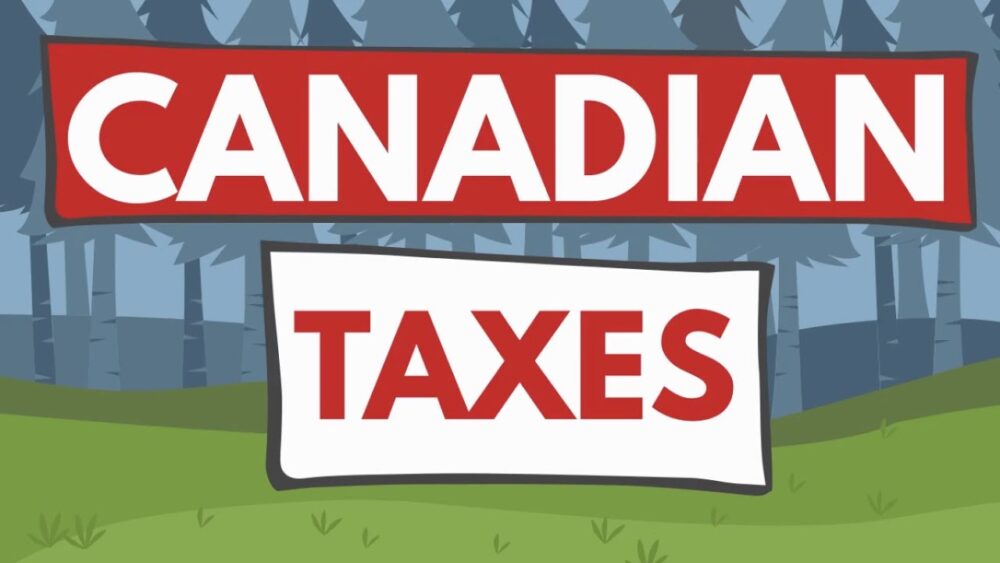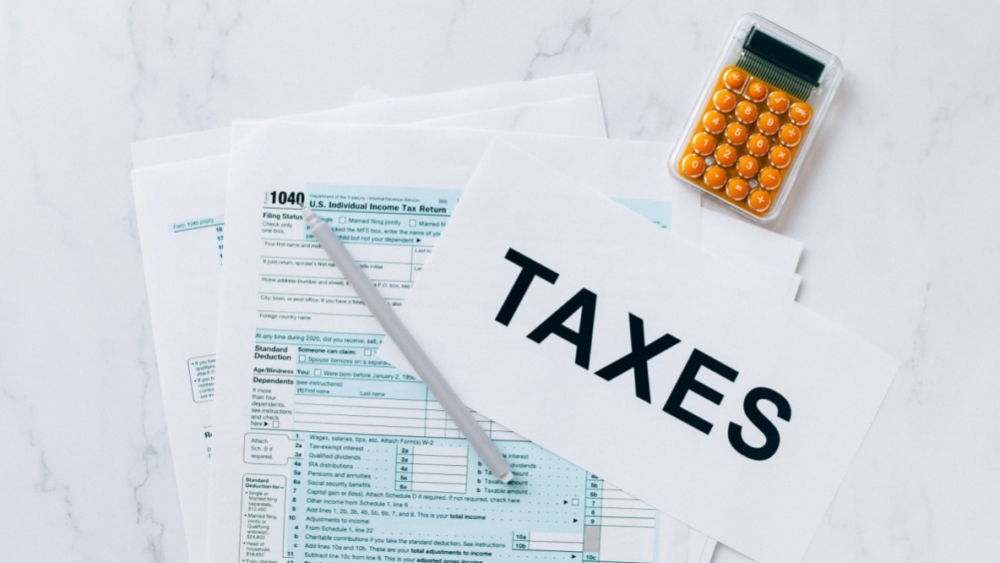As a business owner in Canada, tax season can be a stressful time of year. Filing your taxes is a necessary part of doing business, but it can also be overwhelming and time-consuming. However, proper preparation is crucial to ensure that you comply with Canadian laws and regulations and maximize your deductions and credits.
Benefits of Hiring a Professional

Source: thebecerragroup.net
Hiring a professional tax preparer is one of the most important steps you can take to prepare for tax season. Tax preparation services can help you navigate the complex Canadian laws and regulations and ensure that you are taking advantage of all available deductions and credits. They can also help you identify potential areas of concern that may trigger an audit and help you prepare for it if necessary.
There are many benefits to hiring a professional, including time savings, expertise, maximizing deductions, and audit protection. It can be a time-consuming task, especially if you are not familiar with the process. By hiring a professional, you can free up your time to focus on other aspects of your business. A professional has a deep understanding of Canadian laws and regulations and is up-to-date on any changes or updates.
Understanding Canadian Business Taxes
There are several types of fees that Canadian businesses may be required to pay, including corporate income fees, Goods and Services Tax/Harmonized Sales Tax (GST/HST), payroll fees, and excise charges.
The current federal corporate income rate in Canada is 15%, and there may be additional provincial or territorial taxes as well. GST/HST is a value-added tax that is charged on most goods and services in Canada. The current GST rate is 5%, and the HST rate varies depending on the province or territory.
If you have employees, you will be required to deduct and remit payroll fees on their behalf. These include Employment Insurance (EI), Canada Pension Plan (CPP), and provincial or territorial payroll taxes. Excise charges are charges on specific goods, such as alcohol, tobacco, and gasoline. It is important to understand your obligations as a Canadian business owner and ensure that you are complying with all relevant laws and regulations.
Gathering Necessary Information

Source: thedigitalprojectmanager.com
These may include financial statements, invoices and receipts, bank statements, payroll records, and other relevant documents. Financial statements include your income statement, balance sheet, and cash flow statement. Invoices and receipts show the income you earned and the expenses you incurred throughout the year.
Bank statements show your business’s financial transactions throughout the year. If you have employees, you will need to gather their payroll records, including their T4 slips. It is important to keep these documents organized and easily accessible to make the preparation process smoother.
Deductible Expenses: Maximizing Your Deductions
One of the key benefits of proper preparation is maximizing your deductions. There are many expenses that Canadian businesses may be able to deduct from their fees, including:
- Business-related travel expenses
- Office rent and utilities
- Professional fees, such as legal and accounting fees
- Business insurance premiums
- Advertising and promotion expenses
- Vehicle expenses, if used for business purposes
- Depreciation on business assets
- Donations to charities
It is important to keep accurate records of these expenses and ensure that you are claiming all of the deductions that you are entitled to.
Key Dates and Deadlines

Source: .archivists.org
The tax year for most businesses ends on December 31st, and the deadline for filing your fees is generally April 30th. If you have a balance owing, you may be required to pay by April 30th as well. It is important to keep in mind that there may be additional deadlines for filing certain forms or remitting certain taxes throughout the year. It is important to stay organized and keep track of these deadlines to avoid penalties and interest charges.
Avoiding Common Tax Filing Mistakes
There are several common mistakes that Canadian businesses should be aware of. These include:
- Failing to report all income: It is important to report all income earned by your business, including any cash payments or barter transactions.
- Failing to keep accurate records: Keeping accurate records is crucial for proper tax preparation. It is important to keep all receipts and invoices organized and easily accessible.
- Failing to claim all available deductions: As mentioned earlier, there are many expenses that Canadian businesses may be able to deduct from their taxes. It is important to ensure that you are claiming all of the deductions that you are entitled to.
- Failing to file on time: Filing your taxes late can result in penalties and interest charges. It is important to stay organized and ensure that you are filing your taxes on time.
Filing Your Taxes

Source: cnbc.com
There are several options for filing your business taxes in Canada, including filing electronically or on paper. If you are using a professional preparer, they will typically file your taxes on your behalf. It is important to ensure that you are using the correct forms and following all relevant instructions. The CRA website provides a wealth of information and resources to help you prepare and file your taxes.
Dealing with Audits
If you are audited by the Canada Revenue Agency (CRA), it can be a stressful and time-consuming process. However, proper tax preparation can help you avoid an audit or prepare for one if it does occur. If you are audited, it is important to respond promptly and provide all requested documentation. If you are using a professional tax preparer, they can represent you in the audit and help you respond to any inquiries from the CRA.
Conclusion

Source: youtube.com
Proper preparation is crucial for Canadian businesses to ensure compliance with laws and regulations and to maximize deductions and credits. Hiring a professional preparer, understanding Canadian business taxes, gathering necessary information, maximizing deductions, knowing key dates and deadlines, avoiding common mistakes, filing your taxes correctly, and dealing with audits are all important steps in the preparation process. By following these tips and utilizing the available resources, you can make the tax preparation process easier and less stressful for your business.


















